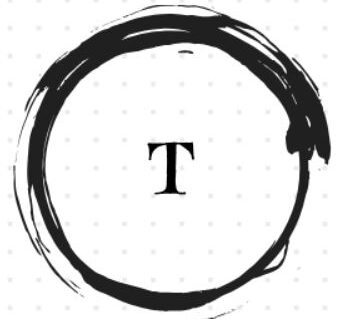Ethics in Project Management
Project management is a world of decisions, deadlines, and diverse stakeholders. While technical skills and planning prowess are crucial, navigating the ethical landscape holds equal importance. Ethical project management ensures not only project success, but also builds trust, fosters team spirit, and safeguards against reputational damage. In this article, we delve into the intricate world of ethics in projects, exploring its core principles, potential challenges, and practical tools for ethical decision-making.
Pillars of Ethical Project Management
Four pillars underpin ethical conduct in projects:
1. Integrity: Maintaining honesty and truthfulness in all interactions, avoiding conflicts of interest, and upholding the highest standards of professionalism.
2. Respect: Treating everyone with dignity and fairness, considering diverse perspectives, and fostering a collaborative environment.
3. Competence: Delivering projects with the necessary skills, expertise, and commitment to professional development.
4. Accountability: Taking ownership of actions and decisions, holding others accountable, and striving for continuous improvement.
Ethical Dilemmas
Project managers can face complex ethical dilemmas in various situations:
- Overpromising and Underdelivering: Pressured to secure funding or appease stakeholders, a manager might inflate project outcomes, potentially leading to disappointment and resource mismanagement.
- Compromising Quality: Meeting deadlines can be tempting, but sacrificing quality standards due to time constraints raises safety concerns and ethical flags.
- Ignoring Whistle-Blowers: Overlooking unethical behavior due to internal politics or personal connections can have detrimental consequences for the project and the organization.
- Favoring One Stakeholder: Bias towards certain stakeholders, ignoring others’ needs, can result in unfair resource allocation and project outcomes.
Tools for Ethical Decisions
To navigate ethical dilemmas effectively, project managers can utilize these tools:
- Ethical Decision-Making Frameworks: Tools like the PMI Ethical Decision-Making Framework offer a structured approach to analyze situations, identify stakeholders, and weigh potential consequences.
- Transparency and Open Communication: Openly discussing concerns with stakeholders, seeking advice from mentors, and building a culture of transparency can prevent small issues from becoming ethical breaches.
- Professional Codes of Ethics: Organizations like the Project Management Institute (PMI) provide codes of ethics that act as guiding principles for ethical conduct.
- Seeking Advice and Support: Don’t hesitate to seek guidance from experienced colleagues, mentors, or ethics committees within your organization.
Benefits of Ethical Project Management
The benefits of ethical project management extend far beyond avoiding fines or lawsuits:
- Enhanced Project Success: Ethical practices foster trust, collaboration, and commitment, leading to better team dynamics and higher project success rates.
- Boosted Reputation: Organizations demonstrate integrity and build trust with stakeholders, clients, and the public, enhancing their reputation in the market.
- Reduced Risks and Liabilities: Proactive ethical conduct minimizes the risk of legal or financial repercussions from unethical decisions or actions.
- Increased Job Satisfaction: Working in an environment that prioritizes fairness and respect leads to higher employee morale and motivation.
Conclusion
Embracing ethical project management is not a one-time decision, but an ongoing journey. It requires constant awareness, willingness to learn, and the courage to speak up when faced with ethical dilemmas. By integrating ethical principles into their daily practices, project managers can not only achieve project goals, but also create a work environment that is fair, respectful, and ultimately, rewarding for everyone involved.
Remember, ethics in project management isn’t just about following rules; it’s about building a culture of integrity and doing the right thing, even when it’s difficult. By making ethical choices and advocating for fairness, we can all contribute to building a more responsible and trustworthy project management environment.
